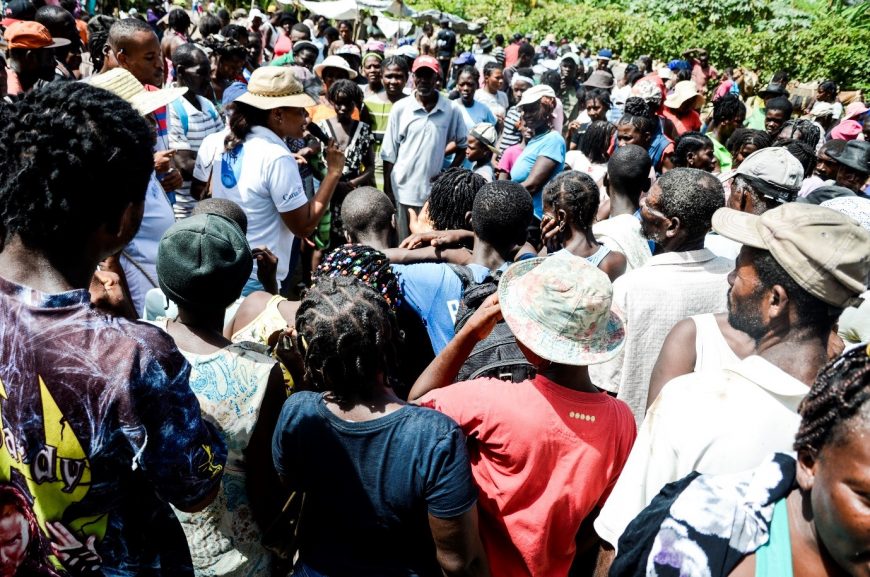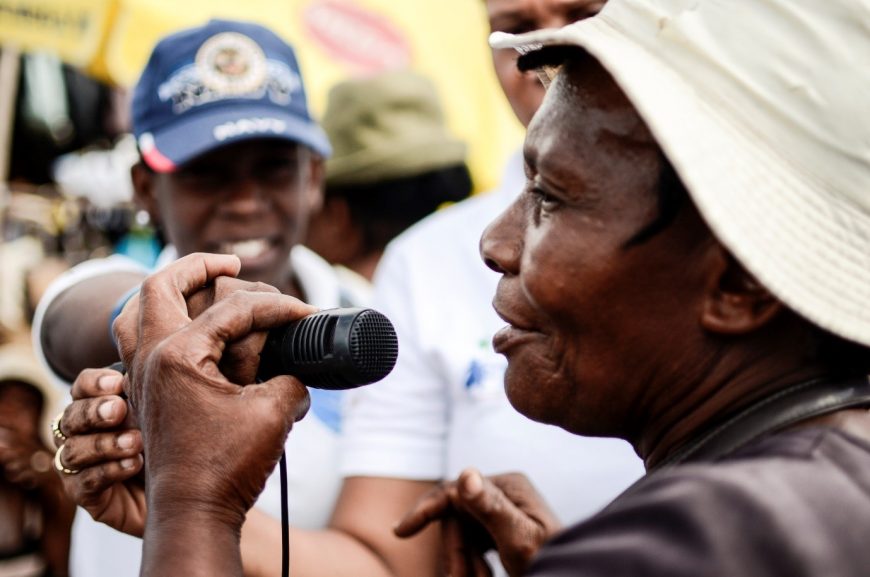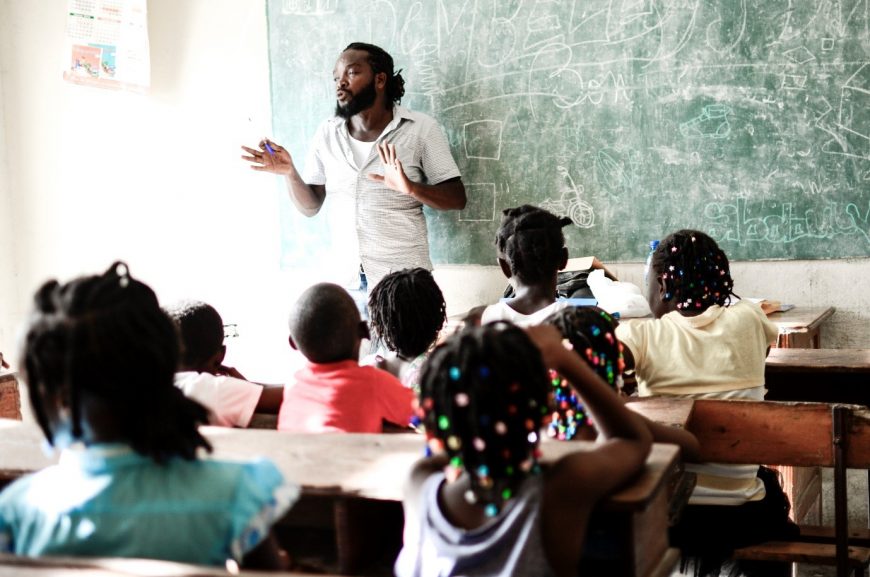World Women's Day is an opportunity to address the issue of gender-based violence. Despite the fact that, according to World Health Organization (WHO), 35% of women worldwide have experienced physical and/or sexual violence in their lifetime. While the #MeToo movement has created some collective awareness about gender-based and sexual violence in some countries, it is not the case everywhere. Where no support system exists for survivors of violence or where victims are identified as perpetrators, impunity reigns.
In Haiti, although they represent nearly 52% of the population (UNDP), women all too often remain relegated to the background of social, political and economic affairs, and 24.9% of women (aged 15-49) report having been subjected to some form of physical or sexual violence in their lifetime by their husbands or partners (UNDP).
In particular, some women face domination by their husbands/partners – directly exposing them to physical, sexual and psychological violence. But women are not the only ones at risk: many underage girls are placed in families as child domestic workers, isolated and at risk of potential violence.
Mobilizing communities against sexual violence
Faced with this situation, the consortium of organizations led by ACTED and composed of AVSI, the Maurice A. Sixto Foundation and Entrepreneurs du Monde, have decided to engage in a project to “Fight Domestic Child Labour” since April 2018. A protection component for girls and women has also been integrated into the project, supported by UNICEF.

Community education is extremely important. Awareness-raising sessions help to challenge preconceived ideas and explain how survivors should be cared for. In some communes, the community as a whole is now involved in protecting girls and women.

Increased risks for girls in domestic situations
In Haiti, due in part to severe economic hardship, it is not uncommon for children to be sent to other families as domestic workers, in exchange for access to education, care and recreation in the host household. In these situations, physical abuse and risks of sexual assaults or rape are far from rare.

ACTED and partners are here to help identify cases, provide support by referring victims to psychological and medical care, and through cash transfers to help some families recover. It is also essential to raise awareness and create discussions at school and within communities to reduce the incidence of violence against women and girls.
A change of mentality has been observed in the targeted communities – which has already led to the reunification of 110 children with their families.